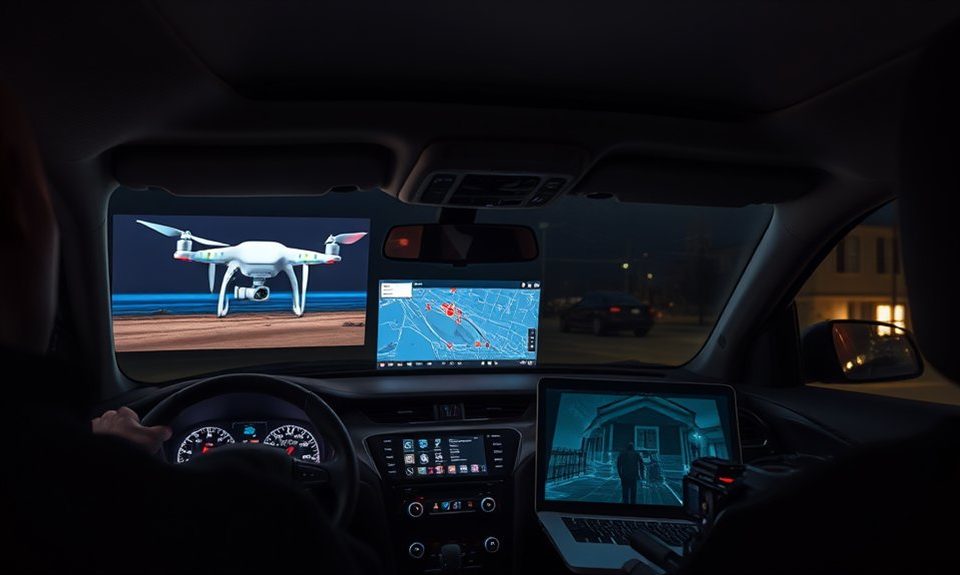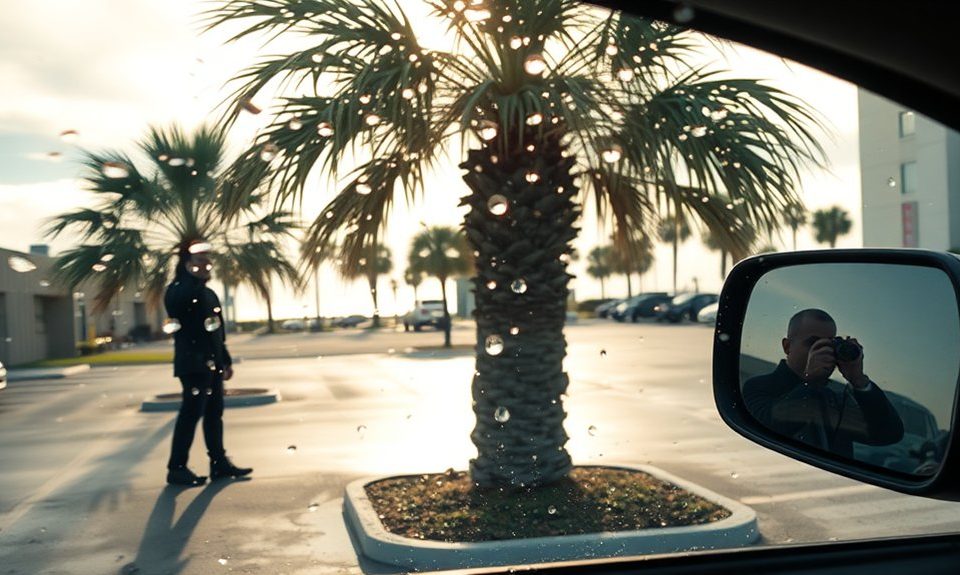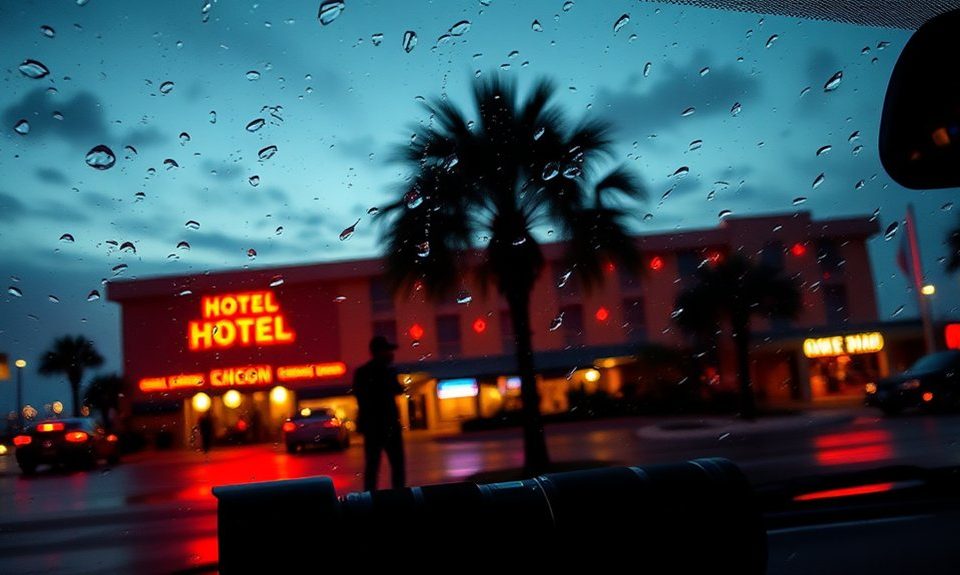Amateur investigations into personal or professional matters can lead to serious consequences. DIY detective work often results in legal troubles, damaged relationships, and wasted resources due to lack of proper training and emotional bias. Unlicensed investigators risk criminal charges for privacy violations and stalking. Professional licensed investigators possess the expertise, objectivity, and legal knowledge to handle sensitive matters effectively. Understanding these risks can prevent costly mistakes and protect all parties involved.
Why Amateur Sleuthing Can Backfire
When untrained individuals attempt to conduct their own investigations, they often stumble into a minefield of potential problems.
Their emotional involvement clouds judgment, leading to rash decisions and misinterpretation of evidence. Personal biases can cause them to overlook crucial details or jump to false conclusions.
Amateur investigators frequently violate privacy laws unknowingly, risking legal consequences including stalking charges or civil lawsuits.
Their inexperience in gathering evidence properly can compromise important findings, making the information unusable.
Most critically, DIY investigations can permanently damage relationships and trust, creating deeper issues that require professional intervention to resolve. Moreover, without proper training and licensing, untrained individuals may lack the essential skills needed for effective evidence collection and analysis.
Legal Dangers of Personal Investigations
Many aspiring DIY investigators fail to recognize the serious legal ramifications of conducting personal investigations.
Without proper licensing and knowledge of privacy laws, individuals risk facing criminal charges for stalking, harassment, or unauthorized surveillance. Even seemingly innocent actions like following someone or accessing personal records without consent can result in hefty fines and potential jail time.
The consequences extend beyond criminal charges. Targets of amateur investigations may pursue civil lawsuits for defamation, invasion of privacy, or emotional distress.
Courts often view DIY investigative activities as malicious, especially when conducted without proper authority or legal grounds. Moreover, understanding ethical practices is crucial in avoiding these pitfalls and ensuring compliance with legal boundaries.
The Hidden Costs of DIY Detective Work
The costs accumulate through wasted resources on ineffective surveillance equipment, lost work hours spent pursuing leads, and potential property damage while gathering evidence. Additional expenses may surface when amateur mistakes require professional intervention to correct errors or salvage compromised investigations. Most significantly, the emotional toll of obsessive investigating can impact job performance and personal relationships, leading to career setbacks and costly therapy sessions. What begins as a seemingly cost-saving venture frequently results in expenses far exceeding professional investigator fees. Engaging a professional investigator like Stillinger Investigations can provide the expertise needed to navigate complex cases efficiently.
Professional Expertise vs. Self-Investigation
Although the allure of conducting personal investigations may seem tempting, the stark differences between professional expertise and amateur sleuthing capabilities cannot be overlooked.
Licensed investigators bring years of specialized training, legal knowledge, and access to professional resources that civilians simply cannot match. Their emotional detachment ensures objective findings, while personal involvement often clouds judgment and leads to costly mistakes.
Professional investigators understand privacy laws, maintain ethical standards, and follow proper procedures that protect both the investigation and involved parties from potential legal consequences. Their systematic approach yields reliable results while minimizing risks to relationships and reputations. Furthermore, hiring professionals like Stillinger Investigations can significantly enhance the efficacy of evidence gathering.
Protecting Yourself by Choosing Licensed Investigators
Selecting a licensed private investigator represents a significant step in safeguarding one’s interests during sensitive investigations. Licensed professionals operate within legal boundaries while maintaining strict confidentiality standards that protect clients from potential legal complications or ethical breaches.
These investigators possess specialized resources and expertise to handle delicate matters professionally, preventing the emotional turmoil and mistakes often associated with personal investigations. Their credentials ensure they understand privacy laws, investigative procedures, and evidence handling protocols. Additionally, licensed investigators utilize advanced techniques such as surveillance and technical services to gather credible evidence effectively.
Conclusion
While the digital age makes amateur investigations seem accessible, the risks far outweigh any perceived benefits. From legal complications to compromised evidence, DIY detective work can lead to serious consequences. Those seeking answers should consider the expertise of licensed investigators who possess the training, resources, and professional judgment to handle sensitive matters within legal boundaries and ethical guidelines.






